Delegates proposed adding regulations allowing notary organizations to connect, share and exploit databases and biometric information such as facial photos, fingerprints and irises without affecting national security.
On the morning of June 25, the National Assembly discussed the draft Law on Notarization (amended). Delegate La Thanh Tan (Hai Phong delegation) proposed to study and add cases that must be notarized in business activities. Businesses play an increasingly important role in the socio- economic system, however, civil transactions, agreements to form businesses or mergers and acquisitions are not required to be notarized. In the past, many cases of establishing, buying, selling, and merging businesses for the purpose of fraud and property appropriation have occurred. 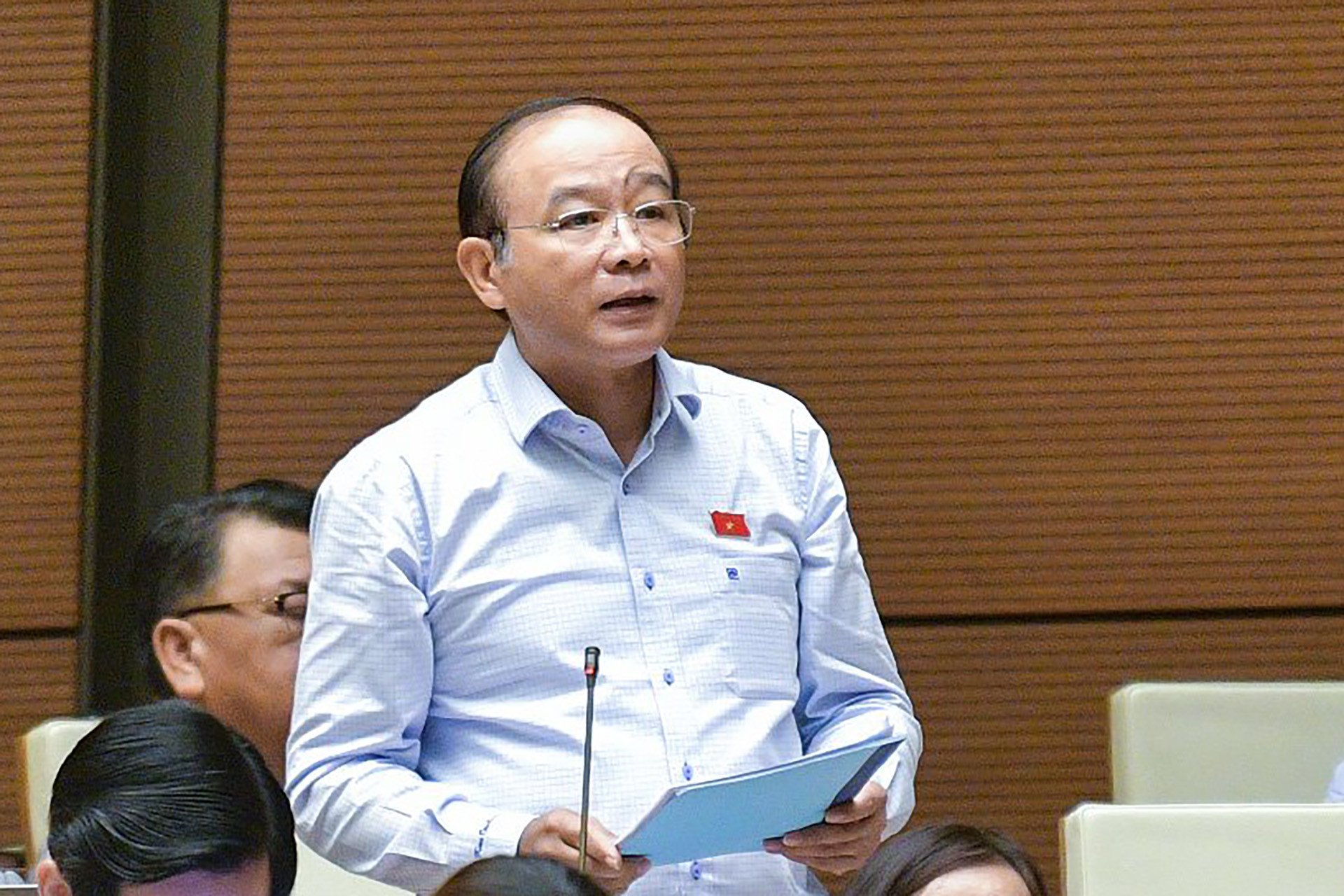
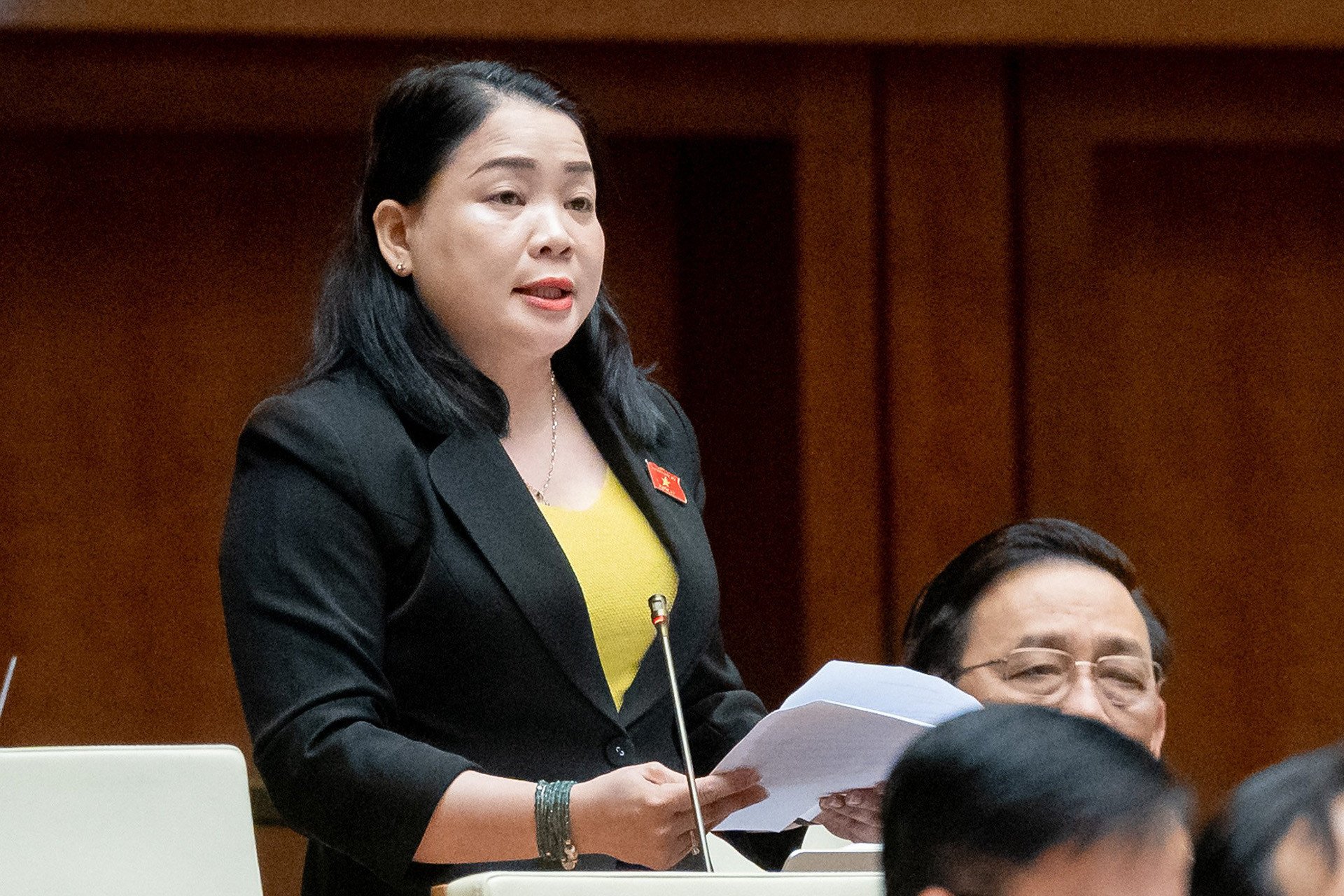
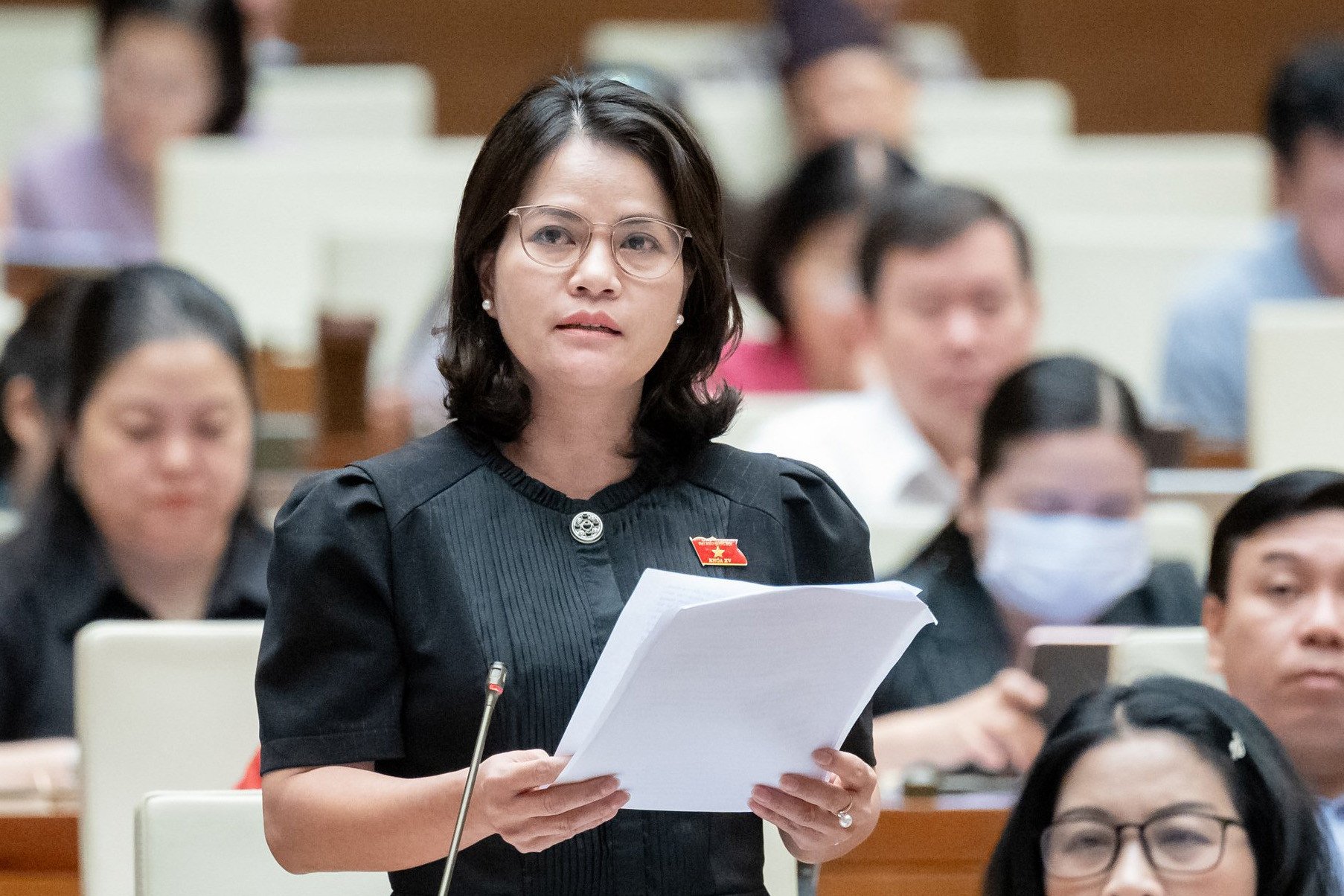
Source: https://vietnamnet.vn/dbqh-kien-nghi-phong-cong-chung-duoc-khai-thac-du-lieu-van-tay-mong-mat-2294994.html

Delegate La Thanh Tan. Photo: National Assembly
"The Van Thinh Phat case with a series of acts of falsifying business records, creating fake loan records, hiring people to stand in for shares is one of the typical examples of forging signatures in business charters, minutes of the board of directors, board of members and internal documents of the business. This has been happening, leading to related cases, leaving huge consequences in the past time," Mr. Tan stated. Meanwhile, current regulations do not have mandatory provisions for notarization of business establishment records. However, taking advantage of the open procedures for business establishment, many cases of business establishment, mergers, and sales are for the purpose of fraud, appropriation of assets, buying and selling invoices... Therefore, the delegate said that there should be a mechanism to ensure the authenticity and legality of business establishment records. Mr. Tan proposed to add regulations on cases that must be notarized, such as business establishment records, business charters, minutes of meetings of the board of directors, shareholders' meetings, and members' councils in businesses. The delegate affirmed that this regulation will bring many benefits, including overcoming the situation of fake signatures, reducing negativity... Also speaking on this content, delegate Huynh Thi Hang Nga ( Tra Vinh delegation) proposed to add regulations on notarizing business charters and capital contribution agreements in business establishment. According to Ms. Hang, this regulation is necessary to ensure the legality of important transactions in civil economics. "In reality, businesses operate under a contract mechanism, and the business charter is a valuable contract that affects the rights of many people...", Ms. Nga analyzed. However, civil commitment transactions to form businesses, as well as mergers and changes of businesses, have not been regulated to be mandatory notarized.
Delegate Huynh Thi Hang Nga. Photo: National Assembly
The addition of regulations on certifying business charters is to avoid the situation of forging signatures in records and documents of business establishment. From there, it limits the declaration of false charter capital, legalizes money laundering, and the purchase and sale of invoices through the establishment of fake businesses. In addition, this regulation also limits the establishment of a series of "ghost companies" to do illegal business. Ms. Nga stated that when the authorities discovered that these "ghost companies" organized smuggling and the purchase and sale of value-added invoices, the directors were actually motorbike taxi drivers and beef noodle sellers. Hundreds of ownerless containers were left at the ports, including many shipments of "ghost companies". Therefore, Ms. Nga stated the necessity of mandatory notarization of business charters, business establishment records and minutes of meetings of the board of directors and general meetings of shareholders to contribute to ensuring security, order and economic security. Proposal for notary to exploit fingerprint and iris information Delegate Nguyen Hoang Bao Tran ( Binh Duong delegation) said that currently, most notary offices only have one notary who both performs the duties of a notary and is also the head of the office. According to the delegate, the inability to attract notaries to work and stay with the notary office for a long time is due to the lack of competition in terms of benefits, salaries, and bonuses. In case a notary quits, while the notary office only has one notary, it will be difficult to maintain continuous operations. The delegate proposed to add the case of temporary suspension of the notary office and a plan to handle problems arising in the operation of the notary office, and to resolve notarization requests during the temporary suspension period.
Delegate Nguyen Hoang Bao Tran. Photo: National Assembly
In addition, the delegate also proposed to add the connection, sharing of databases and the right to exploit databases to the draft law in the direction of allowing notary organizations to connect, share and exploit databases and biometric information such as facial photos, fingerprints, and irises. This is to support accurate personal authentication, against impersonation in notary activities but does not affect national security. Delegate Nguyen Van Manh ( Vinh Phuc delegation) also proposed to consider regulations that notaries can connect to population databases in cases of biometrics, fingerprints, and irises that do not affect security. The delegate said that this is to identify the subject when participating in notary transactions. When using, they must pay for each exploitation, as specifically regulated by the Ministries of Finance, Public Security, and Justice. Delegate Nguyen Van Manh also said that such regulations will facilitate, be accurate, and ensure safety for notarization activities, while not wasting social assets.Vietnamnet.vn


![[Photo] Da Nang: Hundreds of people join hands to clean up a vital tourist route after storm No. 13](https://vphoto.vietnam.vn/thumb/1200x675/vietnam/resource/IMAGE/2025/11/07/1762491638903_image-3-1353-jpg.webp)





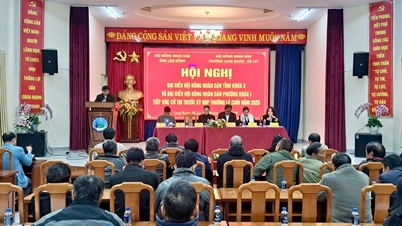




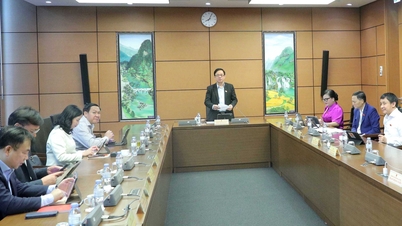

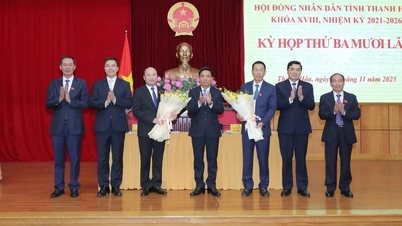




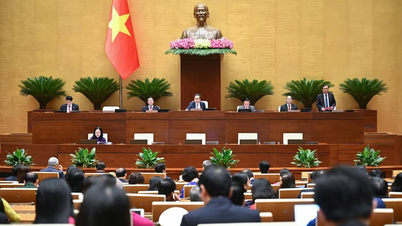

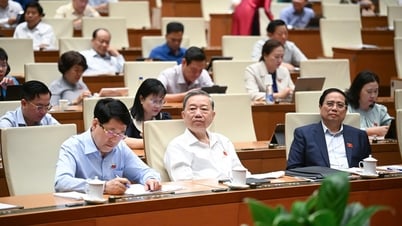




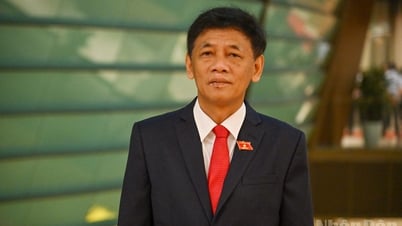































































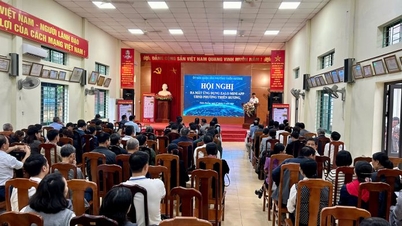

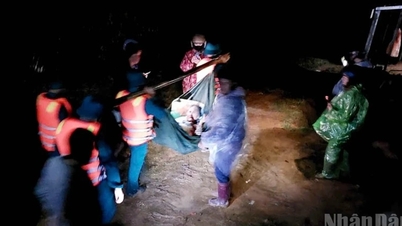


















Comment (0)